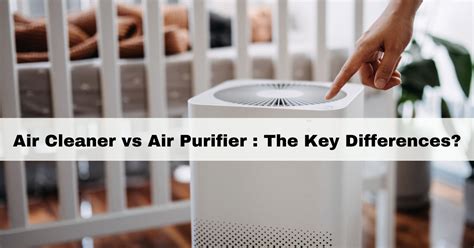Introduction

In the modern world, air pollution has become an increasing concern. The World Health Organization (WHO) estimates that air pollution causes approximately 7 million premature deaths each year. Exposure to air pollution can worsen respiratory conditions, such as asthma, chronic obstructive pulmonary disease (COPD), and lung cancer.
Air purifiers are devices that can help to reduce air pollution in homes and other indoor spaces. They work by filtering out pollutants, such as dust, pollen, smoke, and bacteria. As a result, air purifiers can help to improve respiratory health and reduce the risk of developing respiratory problems.
Benefits of Air Purifiers for Respiratory Health
There are many benefits of using an air purifier for respiratory health, including:
- Reduced symptoms of asthma and COPD. Air purifiers can help to reduce the frequency and severity of asthma attacks and COPD exacerbations.
- Improved lung function. Air purifiers can help to improve lung function by reducing inflammation and protecting the airways from damage.
- Reduced risk of respiratory infections. Air purifiers can help to reduce the risk of developing respiratory infections, such as pneumonia and bronchitis.
- Improved sleep. Air purifiers can help to improve sleep by reducing symptoms such as congestion and coughing.
Types of Air Purifiers
There are many different types of air purifiers available on the market. The type of air purifier that is best for you will depend on your individual needs and preferences. Some of the most common types of air purifiers include:
- HEPA filters. HEPA filters are highly efficient at removing particles from the air, including dust, pollen, and smoke.
- Carbon filters. Carbon filters are effective at removing gases and odors from the air, such as formaldehyde and benzene.
- Ionic air purifiers. Ionic air purifiers release negatively charged ions into the air, which can help to reduce the number of particles in the air.
- UV light air purifiers. UV light air purifiers use ultraviolet light to kill bacteria and viruses in the air.
How to Choose an Air Purifier
When choosing an air purifier, there are a few things to keep in mind:
- The size of the room. You will need to choose an air purifier that is the right size for the room you want to use it in.
- The type of pollutants you want to remove. If you have specific concerns about certain pollutants, such as dust or smoke, you will need to choose an air purifier that is effective at removing those pollutants.
- The noise level. Some air purifiers can be noisy, so you will want to consider the noise level before you purchase one.
- The cost. Air purifiers can range in price from a few hundred dollars to over a thousand dollars. You will need to decide how much you are willing to spend before you start shopping.
Tips for Using an Air Purifier
Once you have purchased an air purifier, there are a few things you can do to ensure that you are getting the most benefit from it:
- Place the air purifier in a central location. This will help to ensure that the air purifier is able to circulate the air throughout the room.
- Keep the air purifier clean. The filter in your air purifier will need to be cleaned or replaced regularly. Refer to the manufacturer’s instructions for specific cleaning and replacement intervals.
- Run the air purifier continuously. The longer you run the air purifier, the more effective it will be at removing pollutants from the air.
Conclusion
Air purifiers can be a valuable tool for improving respiratory health. By reducing the number of pollutants in the air, air purifiers can help to reduce symptoms of respiratory conditions, improve lung function, reduce the risk of respiratory infections, and improve sleep.
If you are concerned about your respiratory health, talk to your doctor about whether an air purifier is right for you.





















